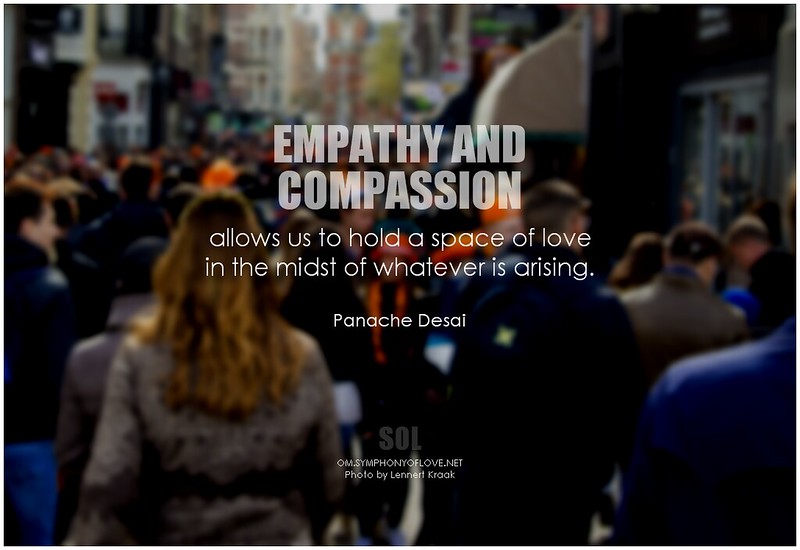|
Today’s educational setting is often focused on teaching rigorous standards and preparing students for local and national assessments. Math, reading, history, and science are essential core subjects that are being introduced as early as pre-school. However, in order to be successful, students must develop the ability to get along with others, to work cooperatively, and to express one’s thoughts and feelings productively. These skills can be taught through social-emotional training.
While the vision and mission of schools may differ, the goal of educating students is to prepare them for life, including becoming productive citizens in the global workforce. For this reason, it is vital that students begin at an early age to develop the skills necessary for building relationships and resolving conflicts. This starts by teaching children to understand emotions, how they drive their actions, and ways the students can self-regulate to be more productive. Once students grasp their own feelings, they are able to apply that knowledge to others. Empathy is the ability to understand the emotions of another person. Because it is human nature to be self-centered, students must be taught to empathize. According to Stephen Young, a research scientist at the Center for Creative Leadership, there are three types of empathy.
Once students begin to develop empathy, they can learn ways to express kindness to build relationships with peers and adults. Kindness is doing something to make someone happy or to help them and expecting nothing in return. Students will soon discover that kind acts and empathy will help them to work cooperatively and make responsible decisions which leads to productive problem solving.
0 Comments
Leave a Reply. |
AuthorWrite something about yourself. No need to be fancy, just an overview. Archives
June 2022
Categories |


 RSS Feed
RSS Feed